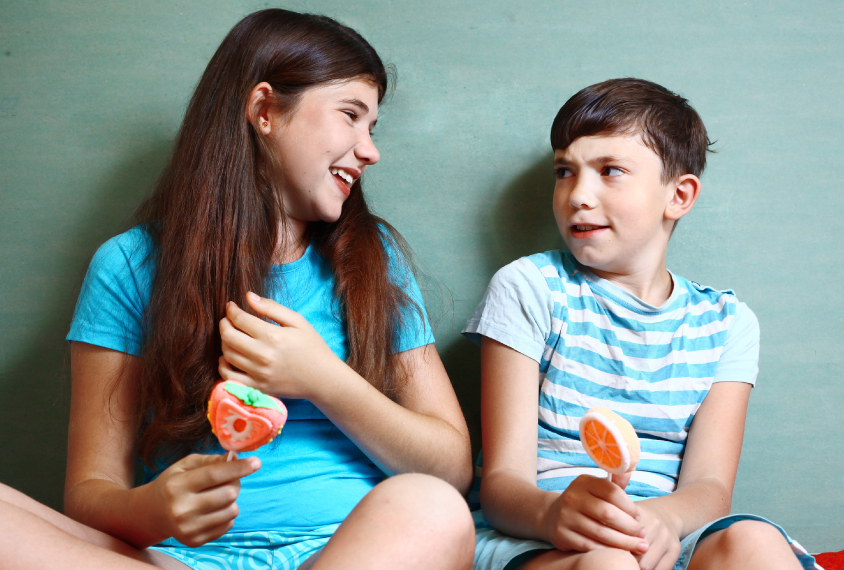
Autism, also known as Autism Spectrum Disorder (ASD), is a highly variable neuro-developmental disorder caused by a combination of genetic and environmental factors. Autism affects information processing in the brain by altering how nerve cells connect and organize. ASD is related to social disorder or developmental disorder that underlines incompetence in interaction and communication.
The term “ spectrum” in Autism Spectrum Disorder reflects the wide variation in challenges and strengths possessed by each autistic person. It is to be noted that no two autistic children are the same. They are categorized depending upon different psychological factors. And hence every autistic child needs personal guidance and understanding. The same theorem doesn’t apply to every one of them. This is why every autistic child is special and unique.
The first signs of autism can be noticed from 18 months to 2 years of age. Early recognition and with speech therapy and behavioral interventions can boost the morale of autistic children. They might learn social skills and gain self-care while others develop a developmental pace and then worsen. So, there is no such cure but there have been cases where children have recovered gradually. It is a debatable matter as some individuals seek cure while others strongly opine for autism to be accepted as a difference and not treated under a mental disorder.
In order to have a clear understanding of what autism is, we need to be adept in reading these early symptoms in children:
- Atypical children avoid eye contact while communicating with others.
- They show narrow interest in things. They might not play with the train but just stare at the wheels.
- They exhibit repetitive behavior like flicking a light switch repeatedly.
- Children with ASD are over-sensitive or under-sensitive.
- They do not respond to their names.
- They do not smile at others until and unless tickled.
Having an autistic child changes the family dimensions. With parents being mature and concerned, it only helps as a soothing grace. But explaining the circumstances to elder or younger siblings of atypical children is a different task in itself. Sibling love is something that is held in high esteem. Siblings are, as said, friends for life. But with the different quotients of mental health how does it affect the bond between them or how should it be handled is a concerning topic.
This section offers suggestions to atypical siblings about ways to help cope gracefully and effectively with the experience of having a brother or sister with autism. There are special demands on these siblings, and learning to manage these demands will make their childhood easier and will teach them skills that will make them more effective and resilient adults.
It is well understood that typical siblings are constantly facing a lot of pressure and stress to make it up for the atypical sibling. The typical child may even get jealous or embarrassed of the autistic brother or sister. There is no doubt that those who are raised with siblings have been influenced by that relationship. The unique character should only add more significant and enriching experience to that relationship.
Understanding Autism beyond its definition
The typical siblings should understand autism from their own experience and nurture the bond with the uniqueness offered. They might feel low at times, which is also natural. But that low state of mind shouldn’t be constant. The typical siblings need to develop a bond that is so not dependable on such attributes.
Being a part of ASD support groups
Typical children need to be active members of the ASD support groups for being able to strike that balance with the atypical sibling.
Embrace the difference
Siblings with autistic brother or sister should not indulge in bickering and making comparisons of the way the atypical sibling behaves in public. Being a family member you need to take a stand for your autistic sibling. You not accepting the atypical child as he is won’t change anything for the better.
Dump the embarrassment
Many typical kids feel embarrassed in front of their peer groups to introduce their atypical sibling. Its high time you shrug off the embarrassment. You can take charge of the situation, dwell in the responsibility and help your atypical sibling in discovering the world through your lens.
The unconditional sibling love should stay constant to show your strength together. Life is a beautiful journey and with a sibling to share it with, it becomes even more prized leading to one complete journey worth all the misunderstandings and learnings in the process.